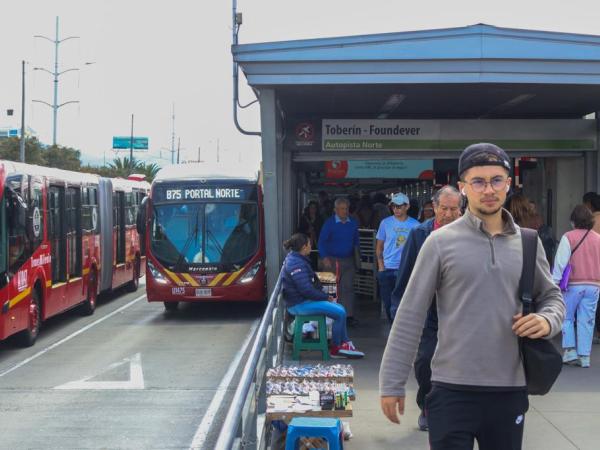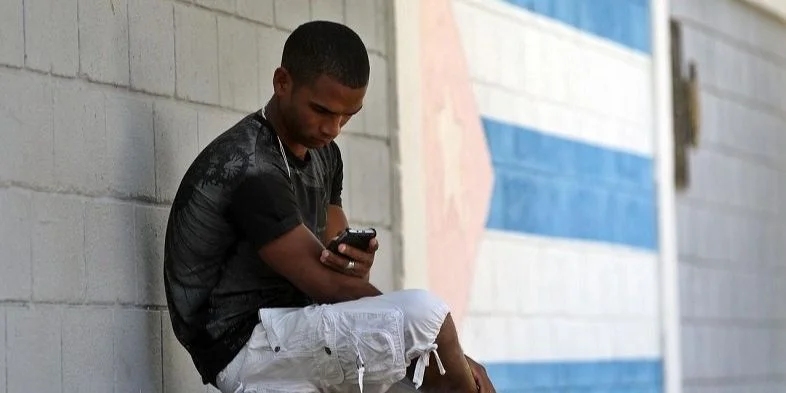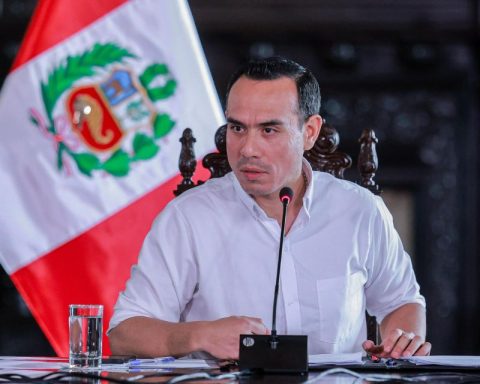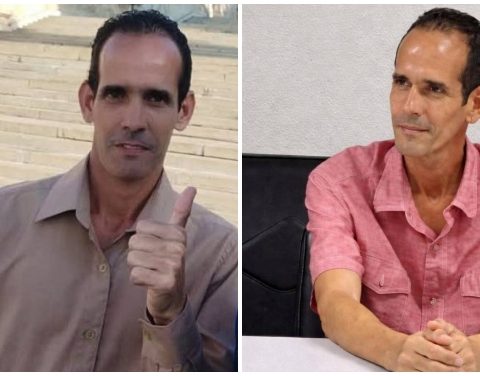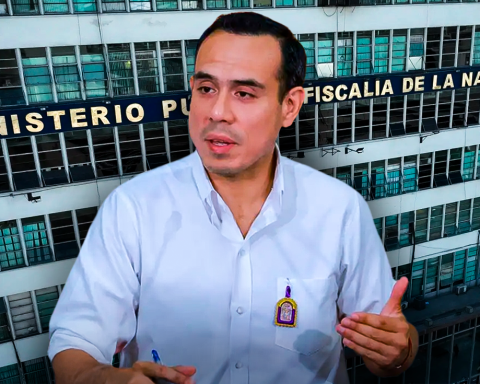Throughout 2024, the Metropolitan Police has launched a series of operations to address the illegal resale of tickets, a problem that has increased in Bogotá’s public system. Just this year, ltoAuthorities have seized 5,834 Sitp cards that were used for this practice.
(Read more: Famous meteorologist predicts what is coming for the country in terms of rain)
To better measure the impact of this situation, Lieutenant Colonel Pascual González, commander of the TransMilenio Police, told EL TIEMPO that every week they seize “between 1,000 and 1,500 personalized cards” that are used improperly.
Many of the cards used to carry out this illegal practice are those that were registered to receive benefits or discounts. Citizens who use these are usually located near the Sitp stops to facilitate access to the fare for users who do not have a charging place nearby.
(Read more: Enel reported more than 14,700 cases of energy theft in Bogotá and Cundinamarca)
Seized cards
To get into context, personalized cards with benefits are intended for some population groups that meet specific conditions. These apply to older adults, people with disabilities or those who are registered with Sisbén.
The majority of plastics of this type have a differential rate of $2,500 (both in the zonal and trunk components), that is, $450 less than the original value of $2,950. This being the case, unscrupulous people access these cards to sell the ticket at the standard price and make a profit.
(Read more: Colombia faces an environmental challenge marked by fires and water scarcity)

SITP Whereabouts
(More news: Should merchants have weapons to defend their businesses from insecurity?)
What are the fines?
Recaudo Bogotá, operator in charge of collecting TransMilenio tickets, explains on its website that people who engage in this practice can commit three crimes: subsidy fraud (benefiting from a subsidy without meeting the conditions), aggravated fraud or conspiracy to commit a crime
These actions, according to Law 1801 of 2016, can result in a fine of around $600,000.
(Read more: Would water shortages only be mitigated with rationing? Experts respond)
PORTFOLIO
*With information from EL TIEMPO – Bogotá
